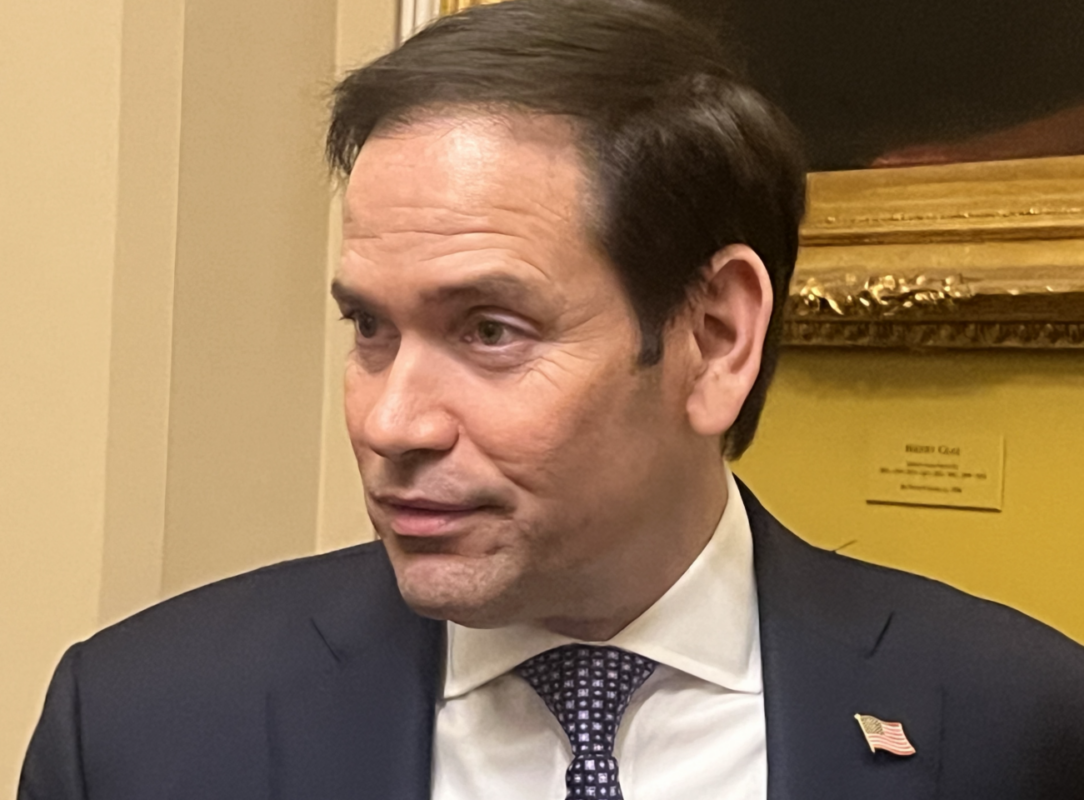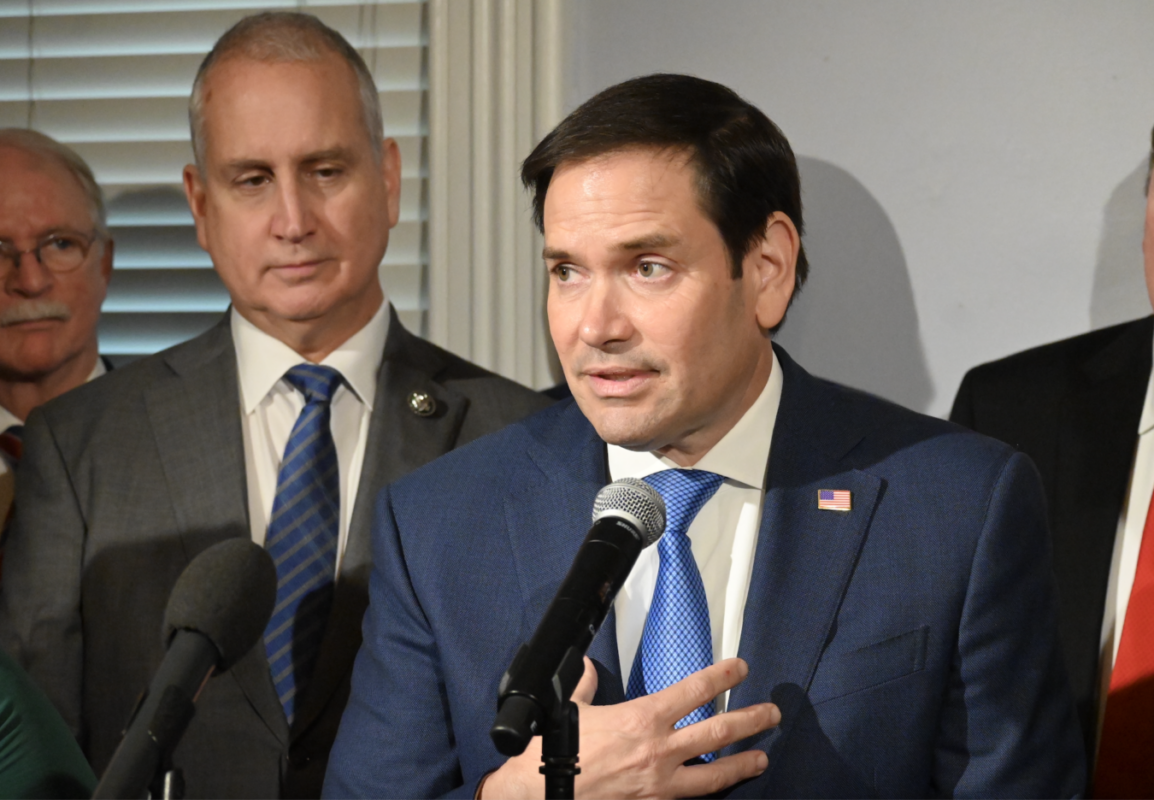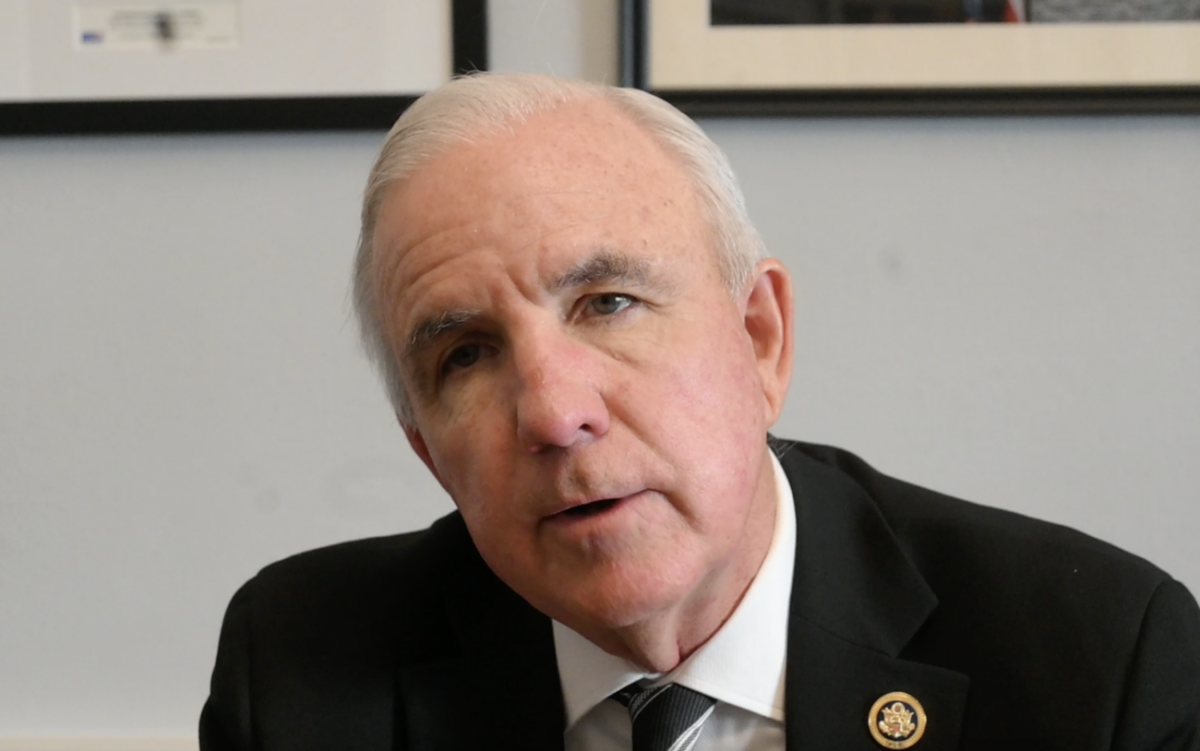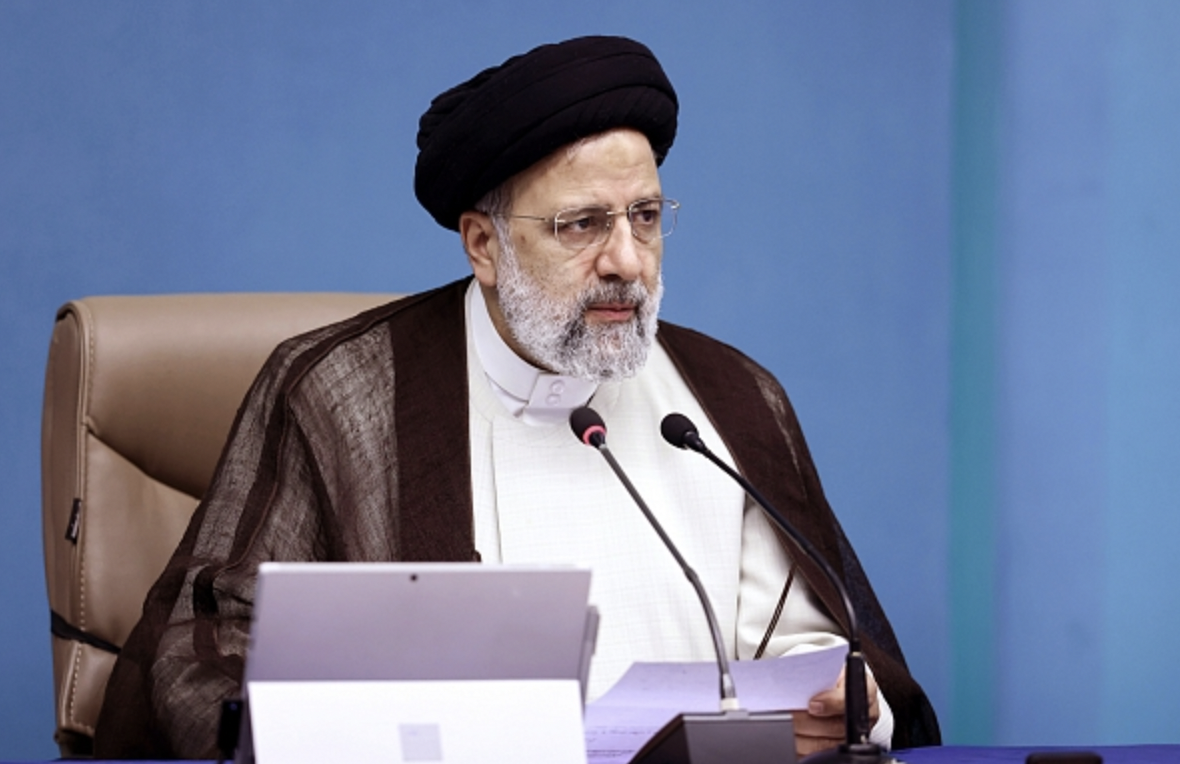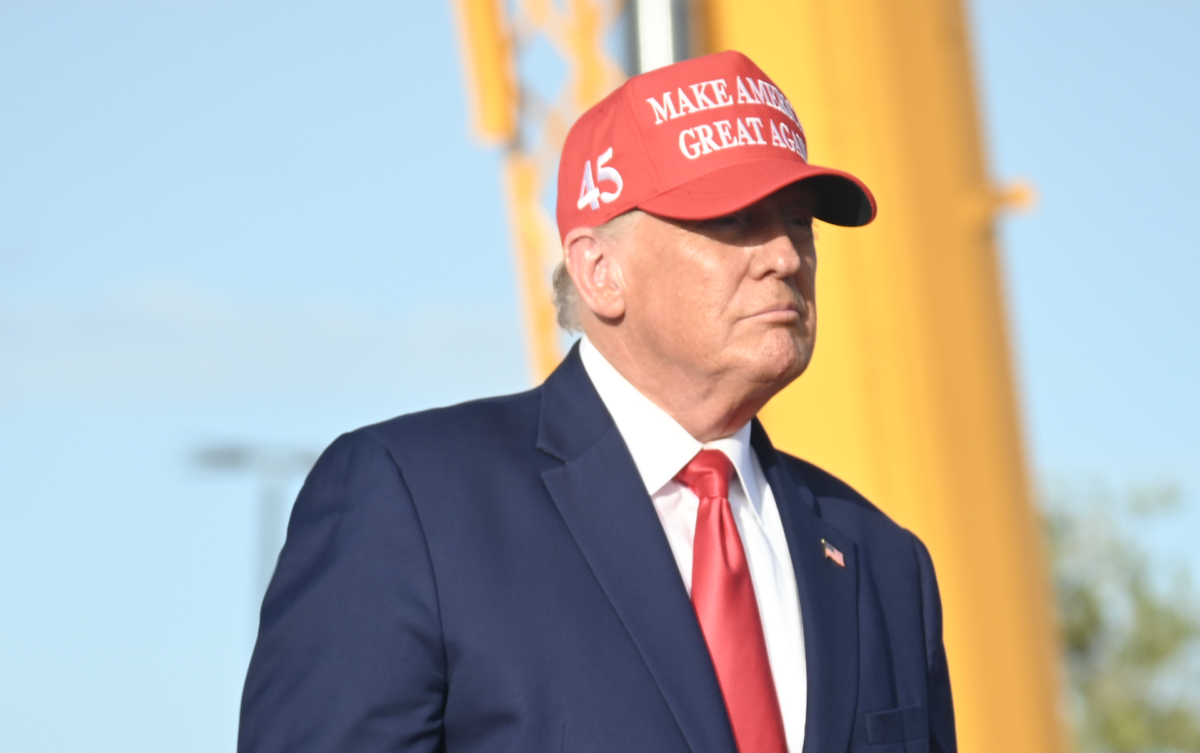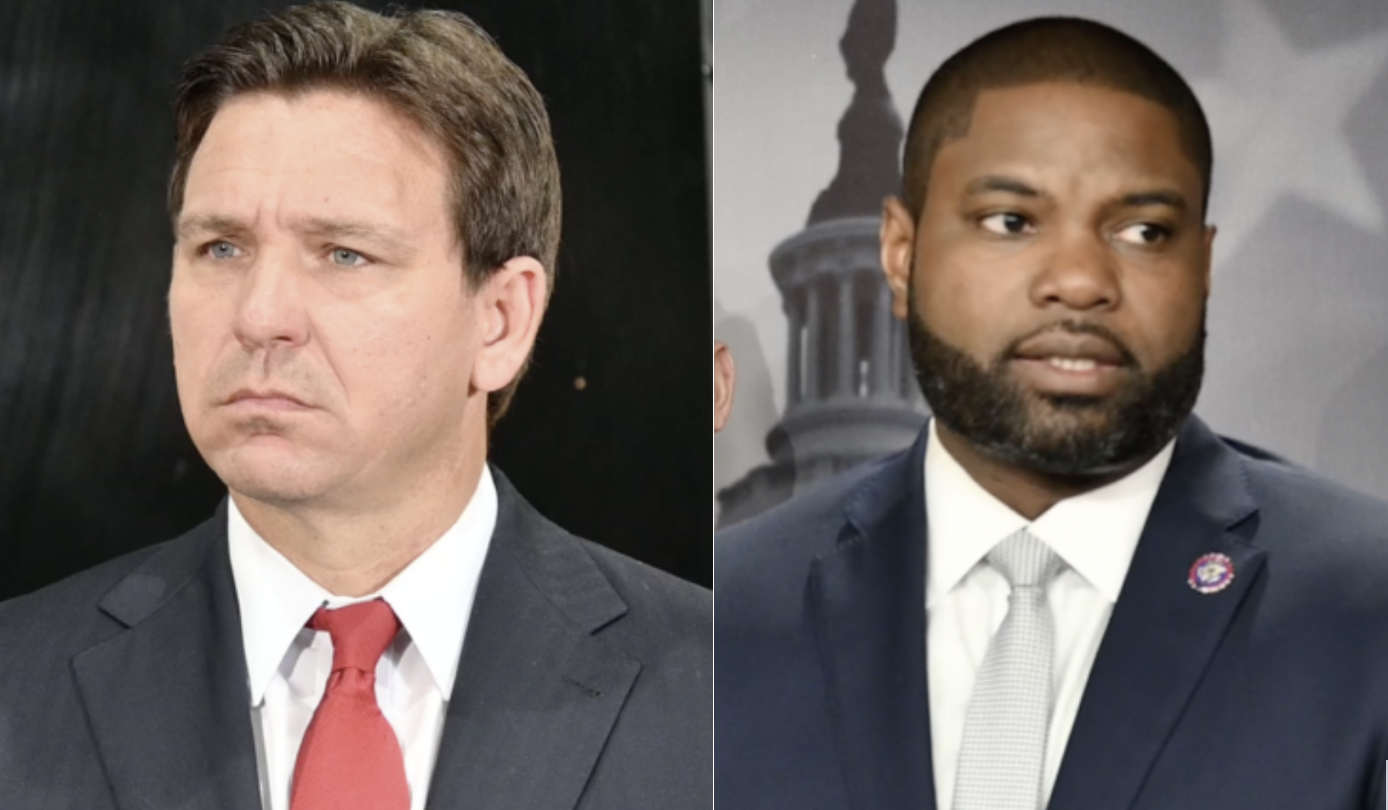The Latest Monmouth University/Washington Post public opinion poll shows that former President Donald Trump continues to dominate the field of 2024 Republican presidential candidates, while Florida Governor Ron DeSantis has dropped to 5th place behind former Ambassador Nikki Haley, former Gov. Chris Christie, and businessman Vivek Ramaswamy.
According to the poll, President Trump leads with 46% of those likely Republican voters, followed by Haley with 18%, Christie with 11%, Ramaswamy with 8%, and then DeSantis with 7%.
What is very telling about this poll is the second question asked of those surveyed. This is not good news for any candidate not named Donald Trump.

DeSantis could see a little surge in the the polls after reeeiving the support of Iowa Governor Kim Reynolds, and possibly support of the Evangelical base of support within the Republican Party. Voters appear to see DeSantis as the clear second choice to Trump, but Haley is making her case, and is not in the hunt and could play spoiler for DeSantis.
The Monmouth University-Washington Post Poll was conducted from November 9 to 14, 2023, among a probability-based sample of 841 New Hampshire voters who are either registered with the Republican Party or are undeclared. The poll was conducted in English, and included 254 live landline telephone interviews, 241 live cell phone interviews, and 346 online surveys via a cell phone text invitation. Interviewing services were provided by Braun Research using telephone numbers randomly selected from a list of voters obtained from Aristotle. The full sample is weighted for region, age, gender and race based on the voter list and education based on US Census information (CPS and ACS one-year surveys). Results released from this poll are based on a sub-set of 606 voters who indicated they have a 50-50 chance or better of voting in the 2024 Republican presidential primary. For this sample, one can say with 95% confidence that the error attributable to sampling has a maximum margin of plus or minus 4.5 percentage points adjusted for sample design effects (1.29). Sampling error can be larger for sub-groups (see table below). In addition to sampling error, one should bear in mind that question wording and practical difficulties in conducting surveys can introduce error or bias into the findings of opinion polls. The Monmouth University Polling Institute and the Washington Post jointly sponsored and conducted this poll, and are responsible for all aspects of the questionnaire and sample design as well as weighting and data analysis.




